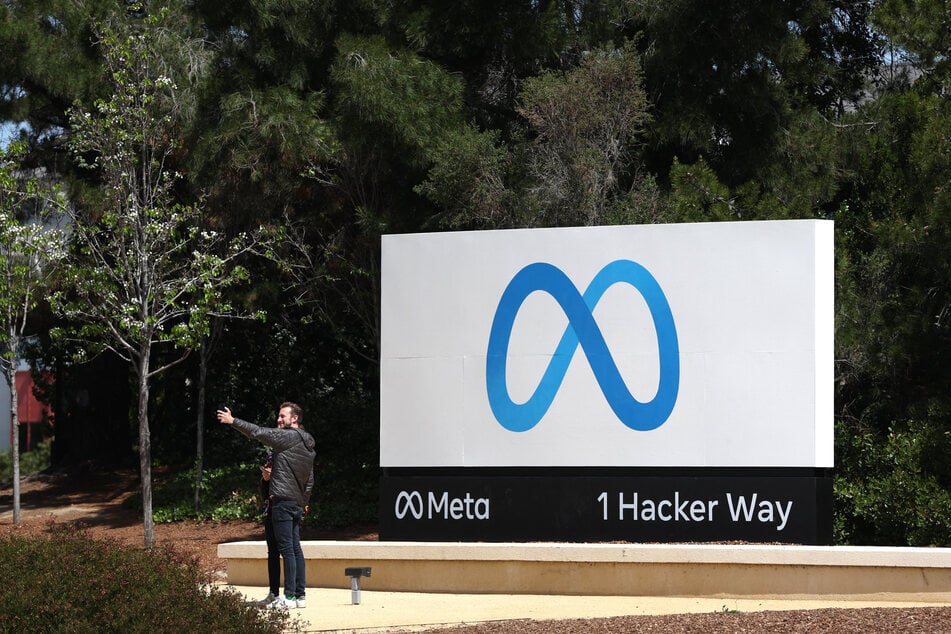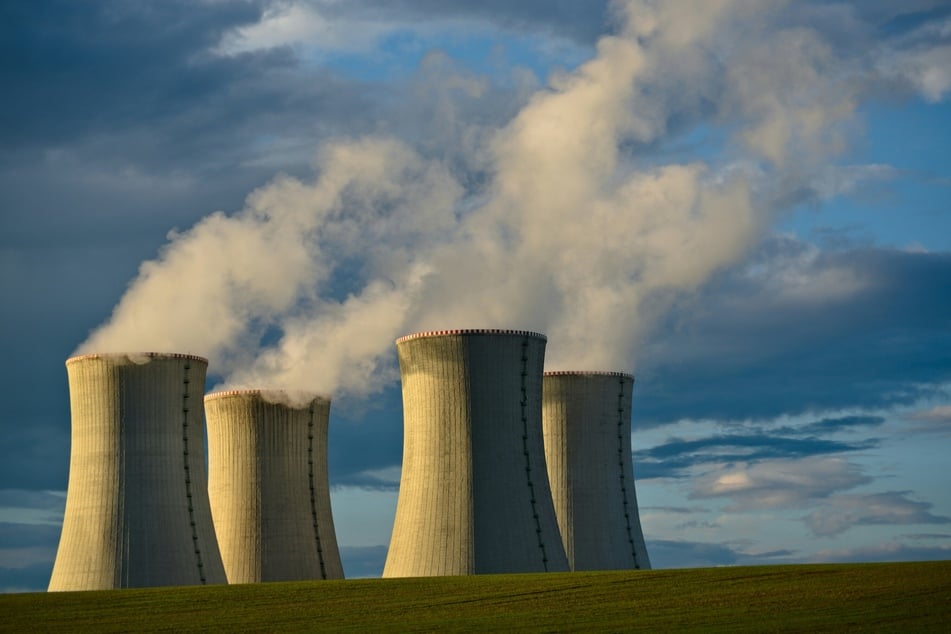Meta pushes zero-carbon energy strategy with solar deal
Washington DC - Facebook owner Meta has signed contracts with renewable energy firm Invenergy for 760 megawatts of solar power capacity, the companies said this week.

The new deal is part of the tech company's search for cleaner power sources, including nuclear, as its power needs expand, namely because of the adoption of artificial intelligence.
The project involves solar facilities in four US states and pushes Meta's total renewable energy agreements with Chicago-based Invenergy beyond 1 gigawatt. Operations are expected to begin between 2024 and 2027.
The electricity will supply local power grids while Meta receives clean energy credits, supporting its goal of powering all operations with renewable energy.
"Energy demand is soaring," said Invenergy Executive Vice President Ted Romaine, noting the projects will create jobs and generate "millions in local economic benefits."
Meta's Head of Global Energy Urvi Parekh said the agreement helps match the company's growing power needs with clean energy sources.
Invenergy, the largest privately held clean energy developer in the US, said it has developed over 32,000 megawatts of renewable energy projects across the Americas, Europe, and Asia.
Why is Meta investing in nuclear power?

Meta announced plans on Tuesday to seek proposals for 1-4 gigawatts of new nuclear generation capacity in the US, targeting operations in the early 2030s.
The nuclear initiative aims to support Meta's growing artificial intelligence operations and data centers while contributing to grid reliability.
Building AI consumes a tremendous amount of electricity because it involves intensive computing operations. It also emits a lot of CO2 when using power generated by coal or natural gas.
As tech companies seek energy sources to meet these demands while maintaining their zero-carbon emission commitments, the chase for nuclear, wind, and solar power has intensified.
Cover photo: Justin Sullivan/Getty Images/AFP JUSTIN SULLIVAN / GETTY IMAGES NORTH AMERICA / Getty Images via AFP